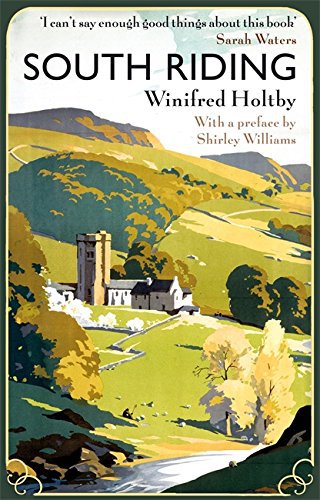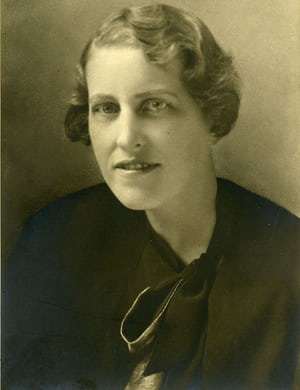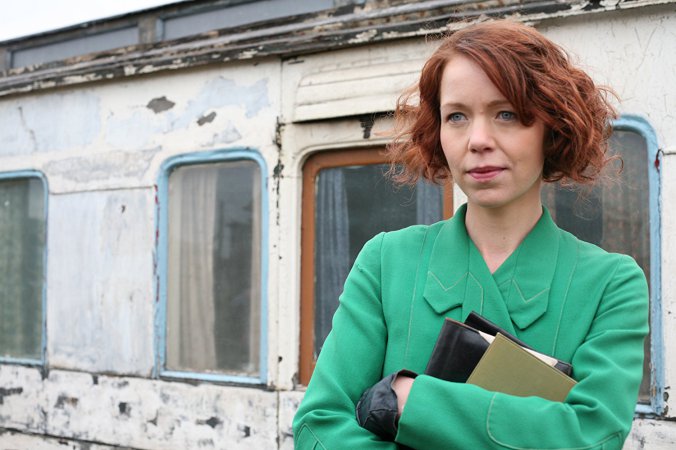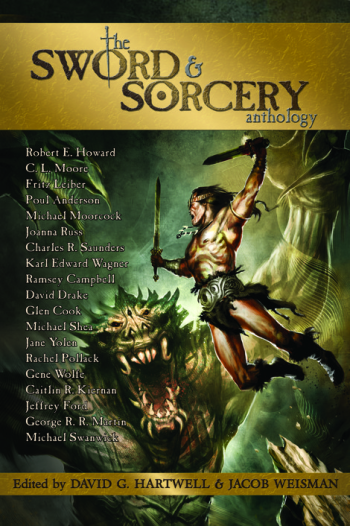
I read Winifred Holtby’s novel South Riding (1936) over a year ago and have been meaning to write about it ever since. Why haven’t I? Probably because I haven’t been able to make up my mind about which of the intertwined strands to focus on. Should I write about the fact that Holtby was Vera Brittain’s closest friend and that’s how I came to know about her? (I wrote about Brittain and her autobiography Testament of Youth in an earlier post.) Or concentrate on Holtby’s all too short a life that ended when she was only 37 (she died of Bright’s disease)? Perhaps the main point should be about how South Riding, Holtby’s final and best known novel, is the most communal novel I’ve ever read, truly a book about a rural community, rather than about the individual. And I should definitely say something about its curious subject matter, that of local politics, which Holtby manages to turn into a masterful analysis of the human nature.

Winifred Holtby (1898-1935)
BBC made a tv-series based on South Riding which aired in 2011 (there’s also a movie made in 1938). I probably saw it around that time without having an inkling of who Holtby was or that the series was based on her book. It was therefore a very curious experience reading the novel several years later, like a continuous déjà vu in the form of reading. I felt like I was turning into a psychic, that I would be able to predict what novels were about without having read them, and thought that maybe I could somehow combine this newly acquired skill with my PhD and finally start earning some money with an English literature degree. But of course, the simple explanation for why I knew all of the plot points and events in South Riding was because I had seen them on tv. I was relieved when I made the connection. It would’ve been eerie and uncomfortable if there hadn’t been a tv-series, nothing to explain my strange experience.
My favourite thing about the novel is the character of Sarah Burton (played by Anna Maxwell Martin in the BBC version), a fiercely independent redhead, who moves into South Riding, a fictional town in Yorkshire, to work as the headteacher in the local school for girls. Although Sarah is only one of the many characters through which the events are narrated, she’s such a lively presence that she feels like the protagonist. But South Riding doesn’t have a protagonist, it has several, all equally important and insignificant. Sarah is merely the primus motor that sets the story going (a flamboyant outsider from the city), and the obvious option for a female lead since she’s youngish, a single woman, and entices romance. But Holtby is too much of a feminist writer to keep things this simple. She circles around a whole array of characters to show that the ones that are younger or older or uglier or less romantic than Sarah are still equally interesting in their humanity. And even Sarah is not your typical heroine: she’s not characterised as beautiful, she’s already in her forties, which makes her a definite spinster, and she’s way too independent and happy about her independence that her budding romance with the local landowner Robert Carne could succeed.
It’s exactly the cheerful way Sarah sees her own situation as a single working woman, even a spinster, that makes me love her, even though it also means that her story cannot be a romantic one (like L.M. Montgomery writes in Emily Climbs, “A woman who has a sense of humour possesses no refuge from the merciless truth about herself”). It’s Sarah who utters these immortal words: “I was born to be a spinster, and by God, I’m going to spin.” She also gives her girls this speech towards the end of the novel, without flinching: “Question your government’s policy, question the arms race, question the Kingsport slums, and the economics of feeding children, and the rule that makes women have to renounce their jobs on marriage, and why the derelict areas are still derelict.” (510) This to a group of teenage girls, at a time when most people still thought that the role of women was to marry and have children.
Holtby’s mother was the first female alderman in her county of East Riding, and Holtby used her as a model for the character of Alderman Emma Beddows. She also made use of actual minutes of council meetings she sneaked from her mother’s trash, and watched meetings in Hull to get the details right. Holtby was, after all, a journalist who had already published five other novels, a play, the first memoir of Virginia Woolf (1932), a history of feminism, and several articles as well as literary criticism. Susanna Rustin writes in her piece in The Guardian (14 January 2017) that Holtby was a pioneer feminist and writer in many ways. According to Rustin, she foresaw “mansplaining” in 1929 in a piece called “The Man Colleague” (“This passion for imparting information to females appears to be one of the major male characteristics”) and called for a new personal pronoun for women in 1928 “so that women would not be ‘continually labelled madam'”. She was also a fierce fighter against fascism, on the rise just before her death, and a commited advocator of political and social reform.
All of this shows in her last novel in which the characters’ personal battles are always connected to the surrounding battles of local politics and to questions of money, work, power, education and gender. My favourite parts are nevertheless those in which Holtby examines the complicated sensations and feelings of a woman who wants to be loved like any other human being, but who by loving risks losing her sense of self and independence:
“But she had been dragged back to consciousness of herself. A school teacher of forty – plain, red-haired, with large bony hands and light short eyelashes, a little common. The knowledge of her physical defects scorched her. Humiliation, for all her grand ideas of noble unselfconsciousness, consumed her. Because she loved and desired to be loved, she exposed herself to vanity. She became vulnerable, afraid, disarmed before a hostile world.” (269)
Anna Maxwell Martin as Sarah Burton (BBC, 2011)
Advertisements Share this:
![Fools and Mortals by [Cornwell, Bernard]](/ai/006/875/6875.jpg)





